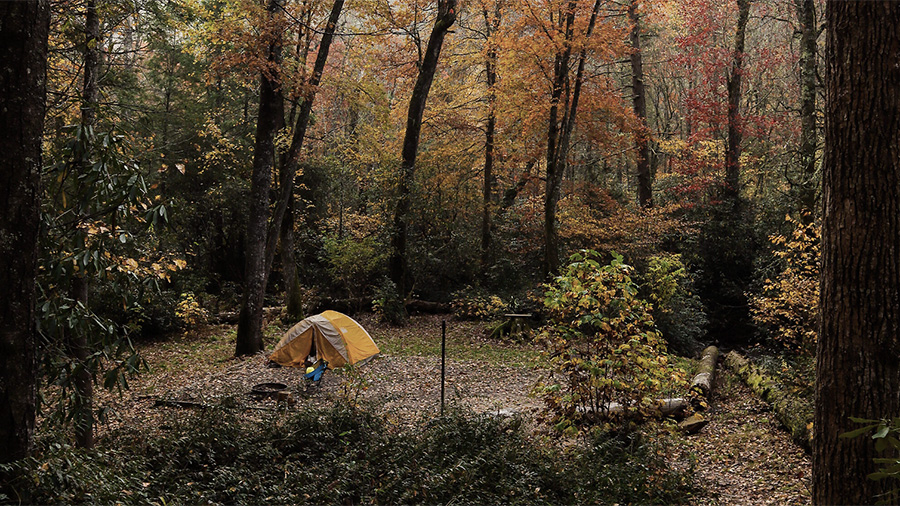Kampgrounds of America (KOA) believes camping will continue to be popular even during volatile economic times.
In the July edition of KOA’s Monthly Research Report, the camping industry giant forecasted that 15.93 million households would camp this month.
According to a press release, the number is similar to last year’s. Some campers, however, admitted to changing plans due to economic factors.
Still, KOA assured that the camping outlook remained robust throughout the first half of the year, as noted in its annual North American Camping Report released in April.
“This year is very different from 2021, and we’re encouraged that people are still turning to camping as a vacation option,” said Whitney Scott, chief marketing officer, KOA, in the press release. “Even amidst uncertainty from external factors, campers are proving the importance of the activity as they make plans. People are finding ways to camp because it’s a part of their lifestyle.”
While lower gas prices are less of a concern compared to previous months, shifting economic considerations have caused 77 percent of camping households to adjust their camping plans. Campers are now taking trips closer to home, taking fewer camping trips or staying in locations longer. In the past 30 days, 12 percent of campers said they canceled some camping plans.
The report also noted that other forms of travel are also affected by financial concerns, with 35 percent of campers indicating they have, or plan to replace, another vacation option with a camping trip in 2022.
“Travelers have multiple factors impacting travel decisions, whether economic or the instability of air travel,” Scott said. “Knowing this, we continue to innovate our offerings to attract that business and provide superior outdoor experiences.”
Camping is a popular pastime in America, but some campers are staying home this year. According to KOA’s recent survey, the top reasons for not camping are financial, difficulty finding a site and not having vacation time. Gas prices, which have dropped slightly, fell as a reason for not camping.
KOA’s July Monthly Research Report also shared how far in advance campers are booking camping sites, with 20 percent indicating that they made reservations three-to-five months in advance. A similar number of respondents said they prefer to book one month (18 percent) or six to twelve months (18 percent) in advance.













